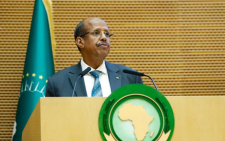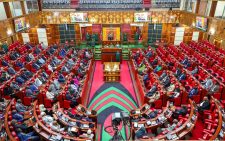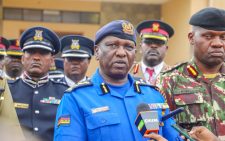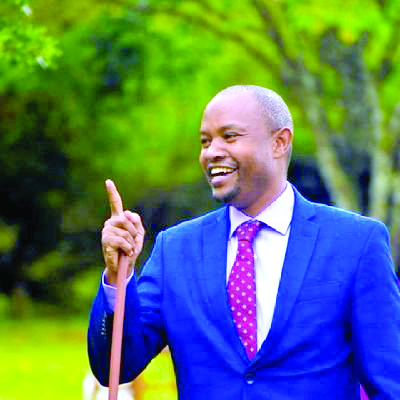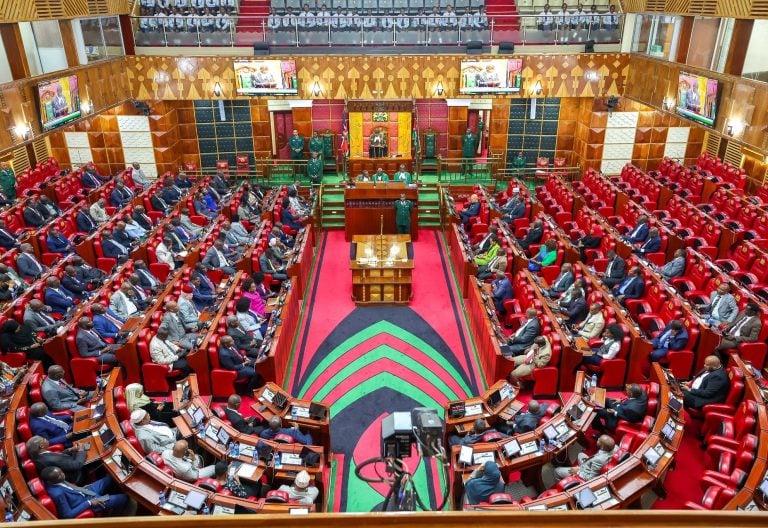Where is the African Union, its leaders headed to?
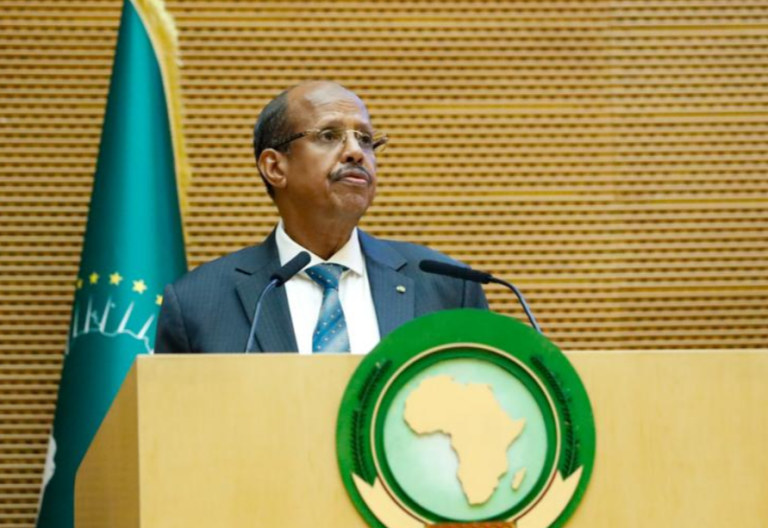
Is the African Union on its deathbed? Or has it already died? Vital questions begging for answers.
So many negative happenings are currently defining the African continent, begging the question as to the presence and relevance of African political leadership, which is clearly missing in action.
Wars, hunger, diseases, illiteracy, poverty, unemployment and a plethora of other woes encompassing infrastructure, health, education and technology.
The last time the African Union was heard of was in February this year during the election of its Commission chairman.
The contest had pitted Kenya’s former Prime Minister, Raila Odinga and then Djibouti’s Foreign Affairs Minister, Mahmoud Ali Youssuf.
The campaigns leading to the poll were a heated affair that captured global media attention.
The February 25th contest witnessed the election of Youssef as the new African Union Commission chairperson after trouncing Raila to replace Chad’s Mahamat Mousa Faki.
Since the election of Youssef as the AUC head, nothing has been heard from the gratifying to gratify both the Union and its Commission.
That is in the wake of over 20 million children around the continent being out of school as a result of the long internecine wars in the Democratic Republic of Congo, the ingra-military strife in Sudan, political supremacy tussles in South Sudan and a host of other life-consuming skirmishes in a number of West African and Sahel countries.
Africa is a pitiable case. This is a continent where its children die of starvation and malnutrition while its leaders steal from those very poor people and their own countries’ resources.
Every day, hundreds of African immigrants travelling in overloaded boats perish in the Mediterranean Sea while attempting to cross to Europe in search of what they consider to be a better life.
The deceased will be running away from persecution from repressive regimes in Africa, poverty and poor health care.
Sadly, African leaders dare not confront these debasing and harrowing incidents.
For a long time, Uganda’s President Yoweri Kaguta Museveni has been a strong proponent of a more focused and self-respecting leadership in Africa and lamented the humiliation people on the continent go through on matters to do with economic marginalisation in the global arena.
Museveni’s Rwandan counterpart, Paul Kagame, has similarly voiced his concern on the matter.
At the tail end of his administration, the immediate former Kenyan President was also raising the matter to international levels and calling on Africa to take charge of its own affairs and address the issues facing the continent.
In his first few months in office after the August 9, 2022, general election, current Kenyan President William Ruto was vocal on Pan-African issues, including the miseries migrants undergo while trying to cross the Mediterranean Sea.
He has, however, noticeably gone mute on the subject.
African Union and leaders of Africa have chosen to look the other way as the continent continues to further slide into misery, trauma and pity.
The vacuum created by the inertia from African Heads of State appears to be attracting occupancy from young militarist Pan-Africanists who are calling for change in the way the continent’s political class handles itself.
Though Burkina Faso’s President, Captain Ibrahim Traore, came to power through a coup d’etat, the youthful soldier has become a sensation on the African continent and beyond.
Traore speaks the language of self-dependence and non-reliance on the West. The youths in Africa adore him. So do the African Americans and the Caribbean.
Even though most African nations attained their independence over 60 years ago, the continent has yet to chart its own path amid the challenging global geopolitics.
African leaders still watch from the periphery of hopelessness in global arenas where crucial decisions of far-reaching social, political and economic ramifications of international import are made and executed.
For far too long now, Africa has taken a back seat on matters affecting its own people and left the Western capitals—and in recent times the Far East—to solve its problems.
Yet African heads of state converge under the auspices of the African Union annually to discuss the continent’s challenges and achievements.
Strangely, the issue of illegal migration and repression from the affected countries does not feature.
Such matters are left for the West to find solutions.
The time is now for Africa to stand up. Leaders must change the AU from a mere talk shop into a serious caucus of reasonable men and women to lay strong foundations for the future of the continent.
The African Union must wake up from its long slumber.
The author is a Revise Editor at the People Daily newspaper.
